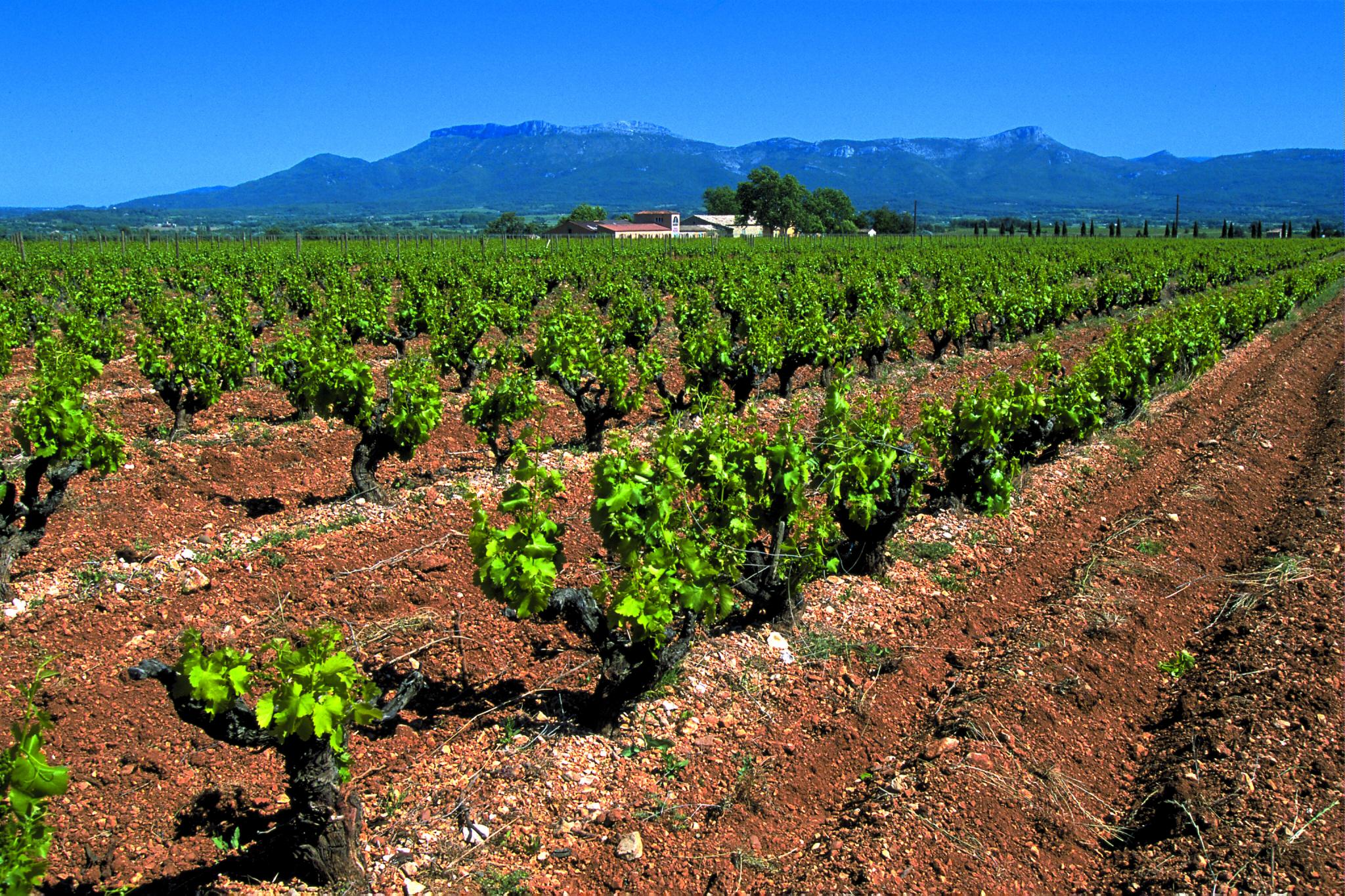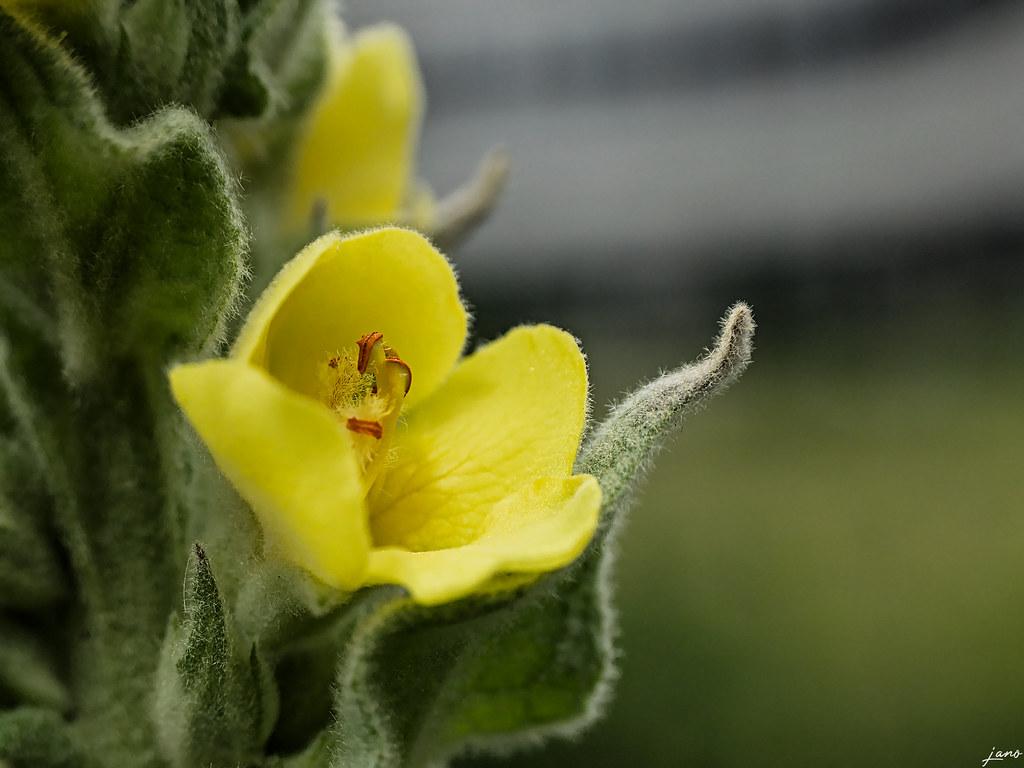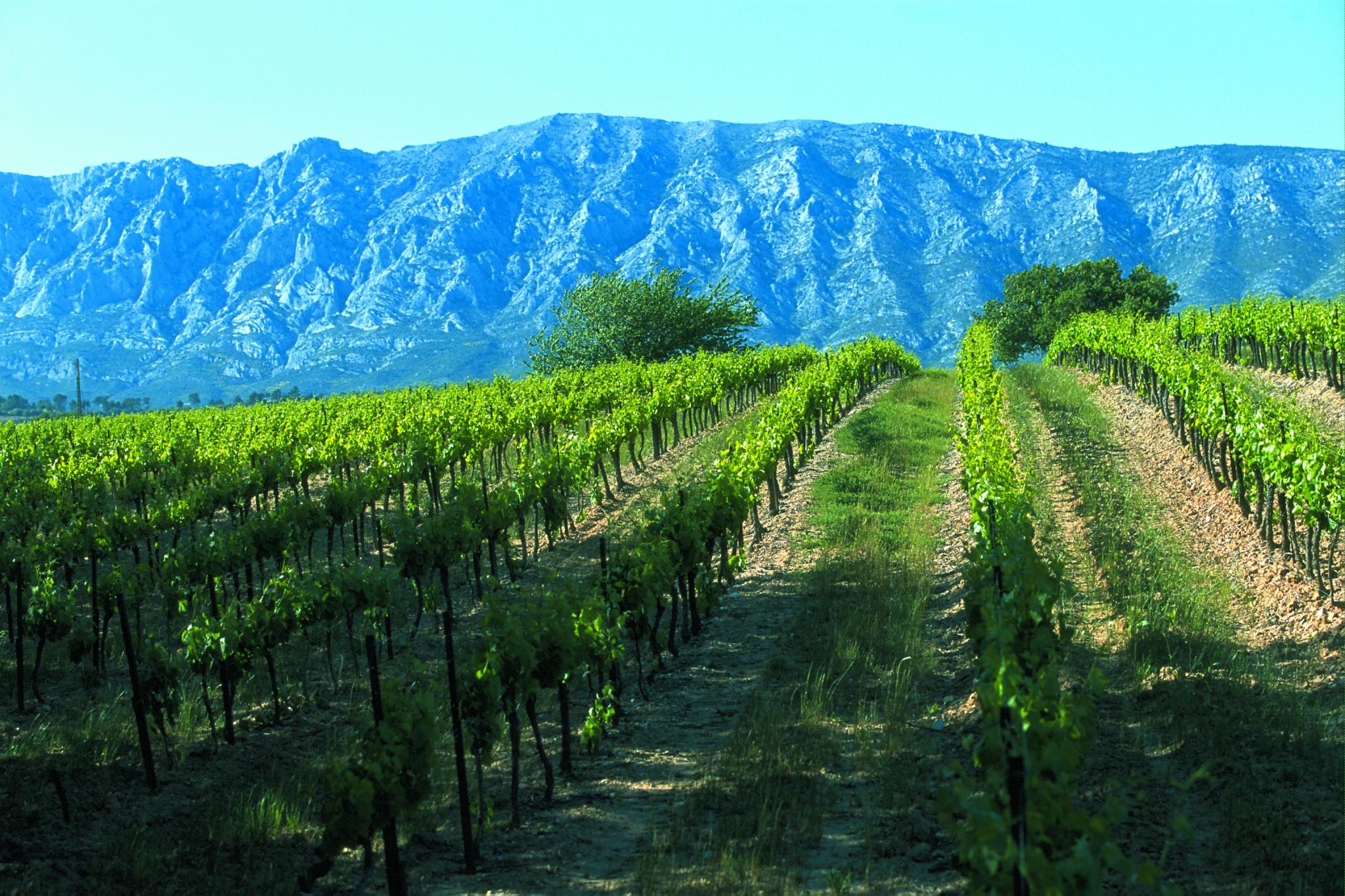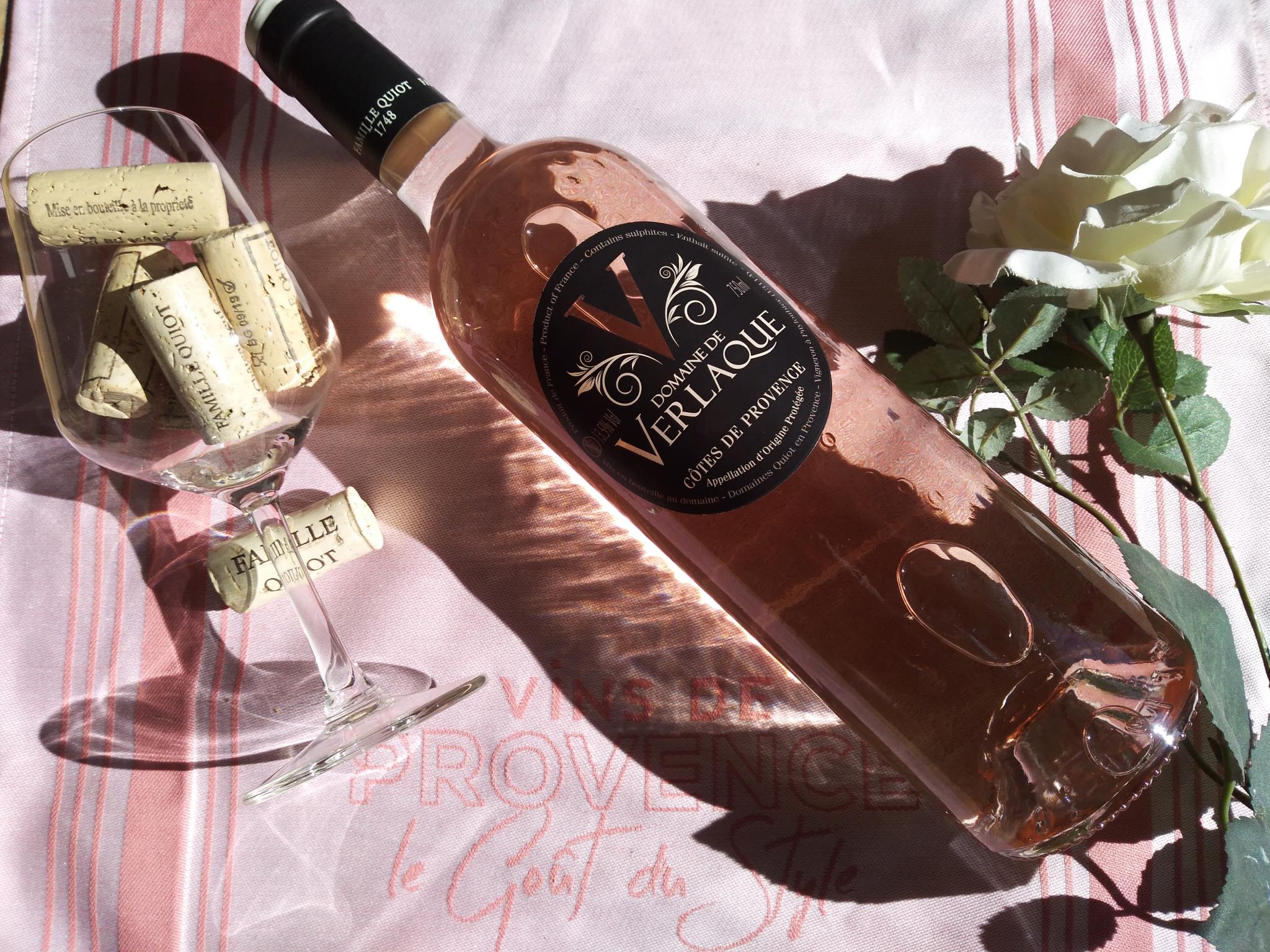Since when?
From 1898 to 1941, the Domaine de Verlaque belonged to Quiot Family's ancestors. During WWII, the owner of the domaine was Isabelle, a cousin of Magdeleine Houchart. Pupil of the nation and artist at heart, Isabelle was quicly placed under guardianship and her goods sold in order to be able to raise and support her throughout her life.
After a few decades, Geneviève and Jérôme Quiot wanted to buy the domaine back so that it would join the family domaines again in 2002, since the domaine is only a few kilometers from the Domaine Houchart.
In 2020, it seemed important to us to revive the identity of this domaine by giving it its own cuvée : a Côtes de Provence Rosé, all smooth and elegant.
After a few decades, Geneviève and Jérôme Quiot wanted to buy the domaine back so that it would join the family domaines again in 2002, since the domaine is only a few kilometers from the Domaine Houchart.
In 2020, it seemed important to us to revive the identity of this domaine by giving it its own cuvée : a Côtes de Provence Rosé, all smooth and elegant.
Origin of the name : Verlaque
According to the Félibre Mistral, the name Verlaque refers to a plant name, "verlaca", designating white broth and more generally mulleins. These are perennial plants, often tall, with downy or woolly leaves and flowers, most of the time yellow.
White Broth is used in herbal medicine for its beneficial effect on the respiratory system. In the Middle Ages, the flowers, in long stems up to 2m high, were cut, dried, coated with peas and served as a flashlight when set ablaze.
A hamlet is called Verlaque in Trets, the town where the estate is located.
White Broth is used in herbal medicine for its beneficial effect on the respiratory system. In the Middle Ages, the flowers, in long stems up to 2m high, were cut, dried, coated with peas and served as a flashlight when set ablaze.
A hamlet is called Verlaque in Trets, the town where the estate is located.
A contrasting terroir between 2 mountains
The domaine is located in the heart of the Côtes de Provence appellation and more particularly of the Sainte Victoire boundary.
On the foothills of the Sainte-Victoire Mountain, it is located to the east of the city of Aix-en-Provence (about 30 km), in the Haute Vallée de l'Arc, on the southern side of the Sainte-Victoire Mountain in the plain which stretches to the Olympus and Auréliens mountains.
The soils are poor and well-drained, formed of limestone and clayey sandstone.
The exceptional sunshine and the slightly continental nuances, protected to the south from maritime influences by the Aurelian Mountains and the Sainte-Baume massif, give a very particular and sometimes very contrasting climate.
The action of the mistral is beneficial. The grapes ripen later there than in the rest of the Côtes de Provence appellation, which gives the wines a characteristic freshness.
On the foothills of the Sainte-Victoire Mountain, it is located to the east of the city of Aix-en-Provence (about 30 km), in the Haute Vallée de l'Arc, on the southern side of the Sainte-Victoire Mountain in the plain which stretches to the Olympus and Auréliens mountains.
The soils are poor and well-drained, formed of limestone and clayey sandstone.
The exceptional sunshine and the slightly continental nuances, protected to the south from maritime influences by the Aurelian Mountains and the Sainte-Baume massif, give a very particular and sometimes very contrasting climate.
The action of the mistral is beneficial. The grapes ripen later there than in the rest of the Côtes de Provence appellation, which gives the wines a characteristic freshness.
A very softly Rosé
On the domaine, we chose to produce a single product to date: a rosé from Provence. Indeed, in 2020 we wanted to give this domaine back all its prestige and endowed it with a Cuvée “V de Verlaque”.
With a voluntary pale color and delicate aromas, we have chosen to offer the elegance of Provence, which despite contrasting and very extreme climate, landscapes, light and scents, can also be synonymous with a refined and harmonious art of living.
With a voluntary pale color and delicate aromas, we have chosen to offer the elegance of Provence, which despite contrasting and very extreme climate, landscapes, light and scents, can also be synonymous with a refined and harmonious art of living.



